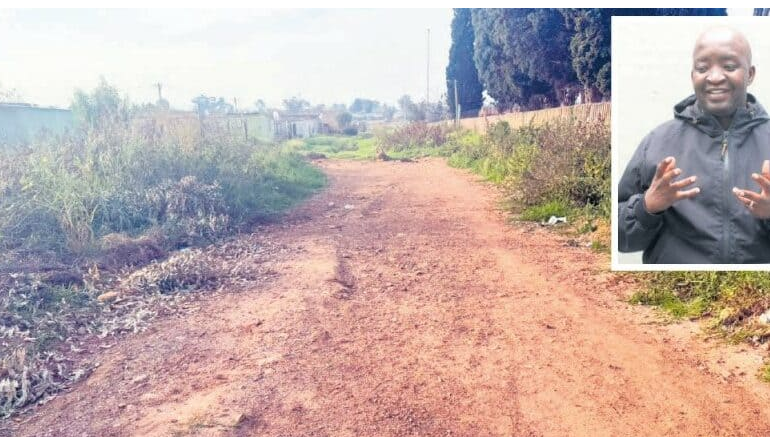New regulations for builders causes debate

03-05-2007
Read : 114 times
eProp
industry commentators say that the national home builders' registration council's (nhbrc) new code of conduct for home builders, which was published in the government gazette on 16 march, could also dramatically change the way developers and real estate agents market residential property to south african consumers.
david warmback, of durban law firm shepstone & wylie attorneys, says although the nhbrc's new code will give housing consumers much-needed protection against unscrupulous and incompetent builders, there's no doubt that it contains a number of quite onerous provisions for builders and developers.they include:
* house building contracts may now only be concluded once the buyer has had 30 calendar days to view the contract.
* deposits are restricted to no more than 10% of a contract price of a fixed cost building contract.
* building contracts must contain a prescribed list of minimum clauses, including one relating to when the builder will begin building the house and when it will be completed. in the case of a sectional title unit sold off-plan, developers must include the latest date by which the unit will be registered in the name of the buyer.
warmback says the 30-day waiting period provision is particularly far-reaching as it could place huge pressure on developers' holding costs. rabie property group md leon cohen, one of sa's biggest developers with mixed-use precinct century city in cape town in its stable, says the 30-day waiting period is completely unacceptable in a commercial environment, where new developments can be marketed and sold out in a matter of days.
says cohen: "the 30-day period to examine the contract prejudices the house builder, who has no security that the client will sign the contract after that period has lapsed. and in the meantime the builder is prevented from selling the property to another willing buyer."
cohen says what's particularly worrying is that there was no proper consultation with the industry before the code was published. the rabie group submitted an eight-page response to the draft proposal in march last year, covering more than 30 areas of concern, and requested that an opportunity to make oral representations before the code be adopted. the group received no such opportunity.
jo pelser, chairman of the sa property owners' association's (sapoa) residential committee and md of sable homes, says sapoa's proposals were also ignored. he says the nhbrc's "heavy-handed" approach to enforce a number of unpractical regulations on the industry has time/cost implications for both the builder and buyer.
there are also questions concerning whether the nhbrc still has a role to play in the upper end of the housing market, where developers generally take their own precautions to protect home buyers against shoddy workmanship.
currently all building contractors must pay a levy of 1,3% of the value of each house built to the nhbrc's defects warranty scheme, irrespective of whether the house costs r250 000 or r2,5m. the levy is supposed to pay for building repairs where registered members can't or refuse to do so.
says cohen: "developers are expected to pay millions of rand to the nhbrc but very few claims are ever paid out. so the nhbrc serves no real purpose, particularly in big sectional title developments where a full professional team is already involved and developers have a reputation to maintain."
pelser holds a similar view. his major gripe is that even if a buyer lodges a claim against a builder, there's no guarantee when or even if the claim will be paid out, as the nhbrc isn't registered as an insurance company. both cohen and pelser argue that the nhbrc system, particularly the way levies are charged at a flat rate across the board, needs to be reviewed.
cohen estimates that the surplus funds in the nhbrc warranty fund are in excess of r1bn. "the nhbrc has far more funds than it will ever require and the interest thereon alone would be sufficient to meet any future claims."
the department of housing apparently issued a draft policy document early in april proposing that a sliding scale model be applied to the nhbrc's levy system. but again the process was hardly transparent, with most developers not even aware of such a proposal.
meanwhile, failure to comply with the nhbrc's provisions could have serious consequences for developers.
the nhbrc is a statutory body and in terms of the housing consumers protection measures act is entitled to suspend a builder's nhbrc registration if found guilty of contravening the new code. once that happens, no bank will lend money to a suspended builder or to buyers who want to buy homes from that builder.
despite numerous phone calls and emails to the nhbrc over the past 10 days, management failed to respond to any of our questions.
Recent News
Here are recent news articles from the Building and Construction Industry.
Have you signed up for your free copy yet?








![[Image: Google Earth]](https://static.l2b.co.za/Images/Uploads/Photos//176fb475-ffd2-4719-858e-6d9d9e0afe76.png)
